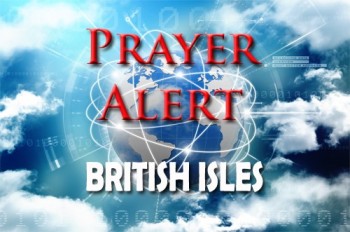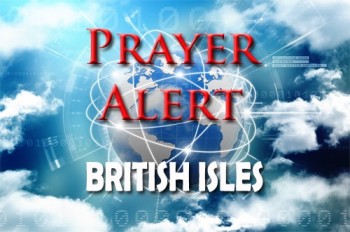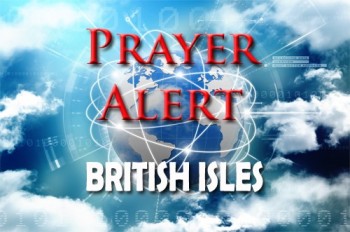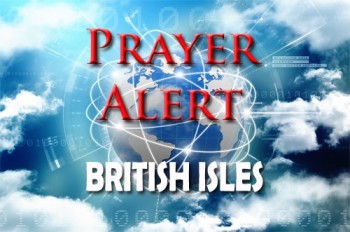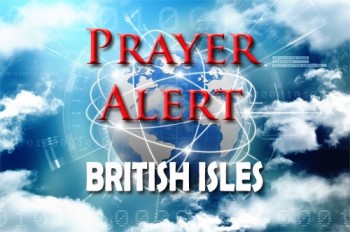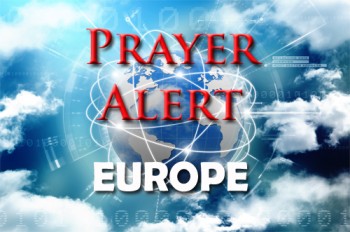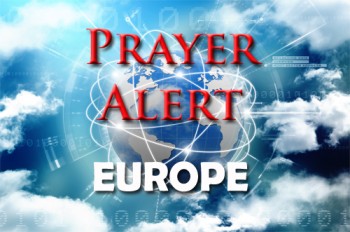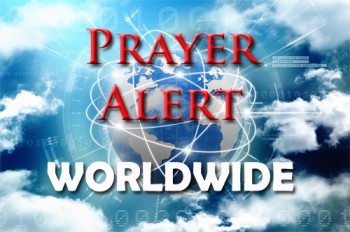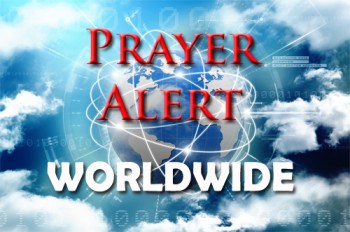Christians in media
The media influence people, shape worldviews, and can ultimately bring about change in society. While the world gets constantly bombarded by images and messages that distort God’s truth and shift people further from Him, Christians in the media desire to see them used to bring about positive changes. Alan Rusbridger, for twenty years editor-in-chief of the Guardian, recently warned, ‘We are, for the first time in modern history, facing the prospect of how societies would exist without reliable news’. Christians can pray for restraints to be put on technology owned by individuals with particular agendas. Pray for an end to false revelations and closely guarded secrets being spread at the click of a button. May dangerous misinformation be blocked by up-to-date infiltration technology. Pray for authors, anchor men and women, researchers and recorders to be true to the facts and avoid fake news stories. May quality news reporting and higher ethics be established across all media outlets.
Hope for the Countryside’s prayer day
Each year the Hope for the Countryside partnership hosts a day to gather those with a heart to see a fresh move of the Holy Spirit across all of rural England. The next one is on Saturday 16 November in Sutton Lanes End Macclesfield, from 10.00 am to 3.00 pm. This is very much open to all who live in our cities and towns as well as in the countryside! Come and join us to worship, learn and pray together - or give some time to pray wherever you will be. Download a flyer for more details: With Brexit postponed, and its implications for farming still unclear and uncertain, farmers are even more anxious about what might be ahead. They are also divided as to what they believe is best for farming’s future, The NFU said a no-deal Brexit would be catastrophic, but a September poll showed over 40% of farmers favor this outcome.
Scotland's youth justice system
Children’s panels recognise that offending behaviour is usually a sign of other problems. The panel system was introduced in Scotland in 1971, with a wholly different approach to supporting children in crisis. They focus on welfare and protection. There are no juvenile courts, unless the case involves homicide or rape, which go into the mainstream legal system. There are no prosecutors or police officers sitting in, even though 75% of cases are referred by the police. The panel members are not judges or magistrates, but trained volunteers who act as the child’s guarantors, often directing social work departments and schools to put in place tailored support and services. Nearly 3,560 children went before a children’s panel last year. Hearings are not interested in innocence or guilt, but only in the young person’s welfare; they listen really hard to the young person, to the family, and to the professionals. Then they decide whether the young person needs the protection of the law.
Polling stations and nativity plays
Election officers have hit back angrily at calls from the education secretary for polling stations not to be placed in schools. Gavin Williamson wanted to avoid disruption to school nativity plays and Christmas concerts, which could clash with the 12 December election. He said that councils would be funded to find alternative venues for polling stations. Election officers have written to the education secretary to express their ‘extreme disappointment’, saying in many areas schools are polling stations because they are well-known local venues and are likely to be accessible for people with disabilities. Often there are not any other practical options.

